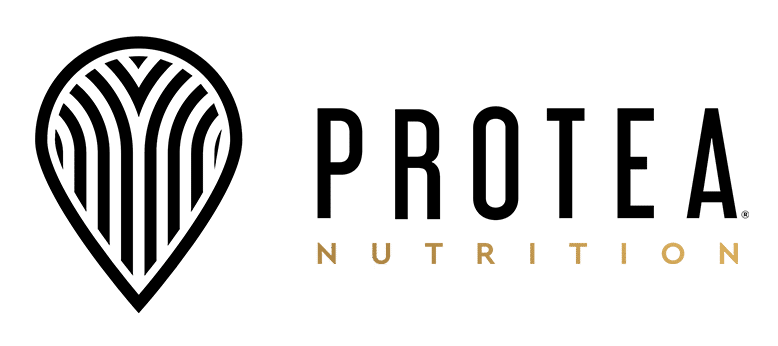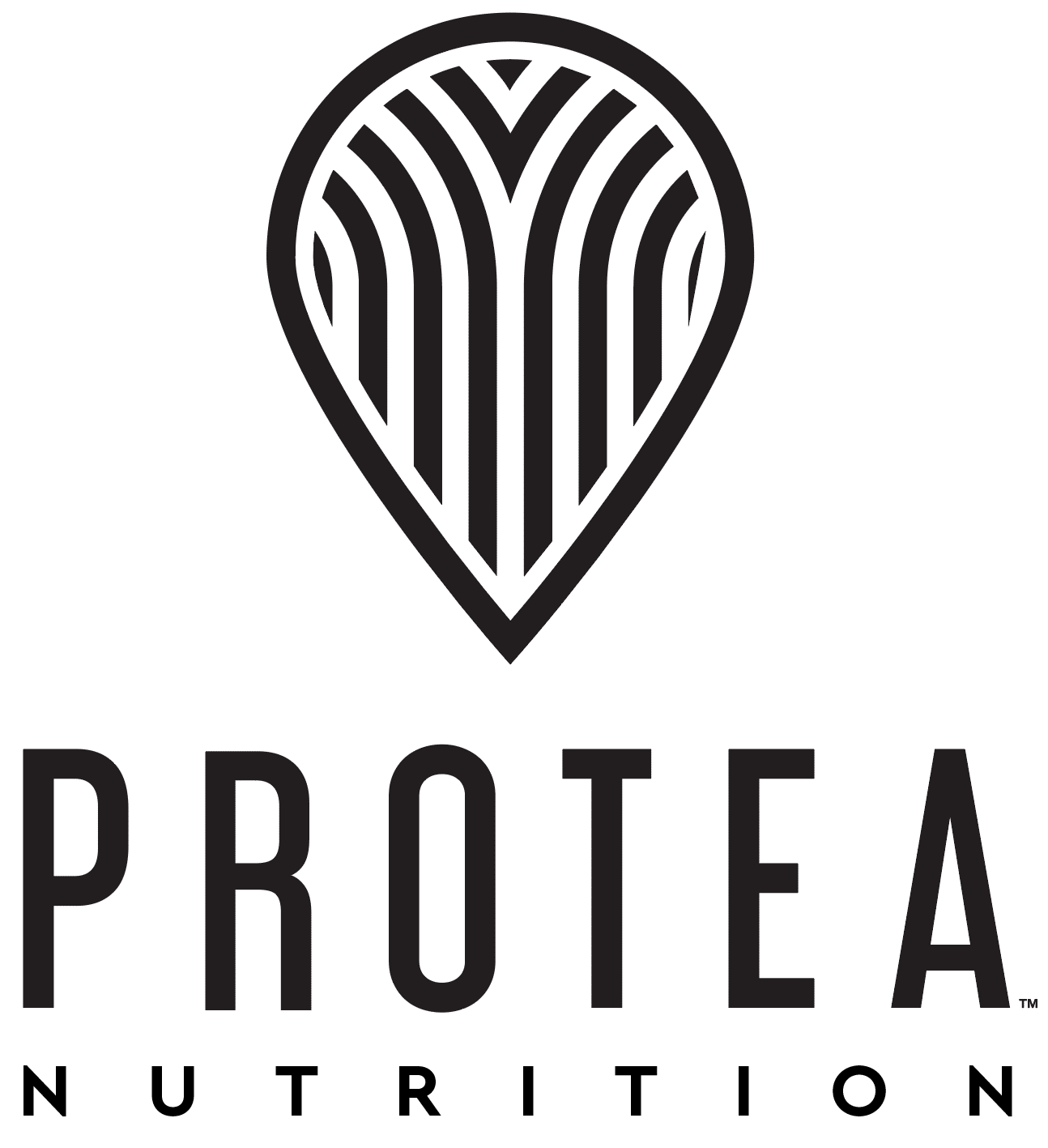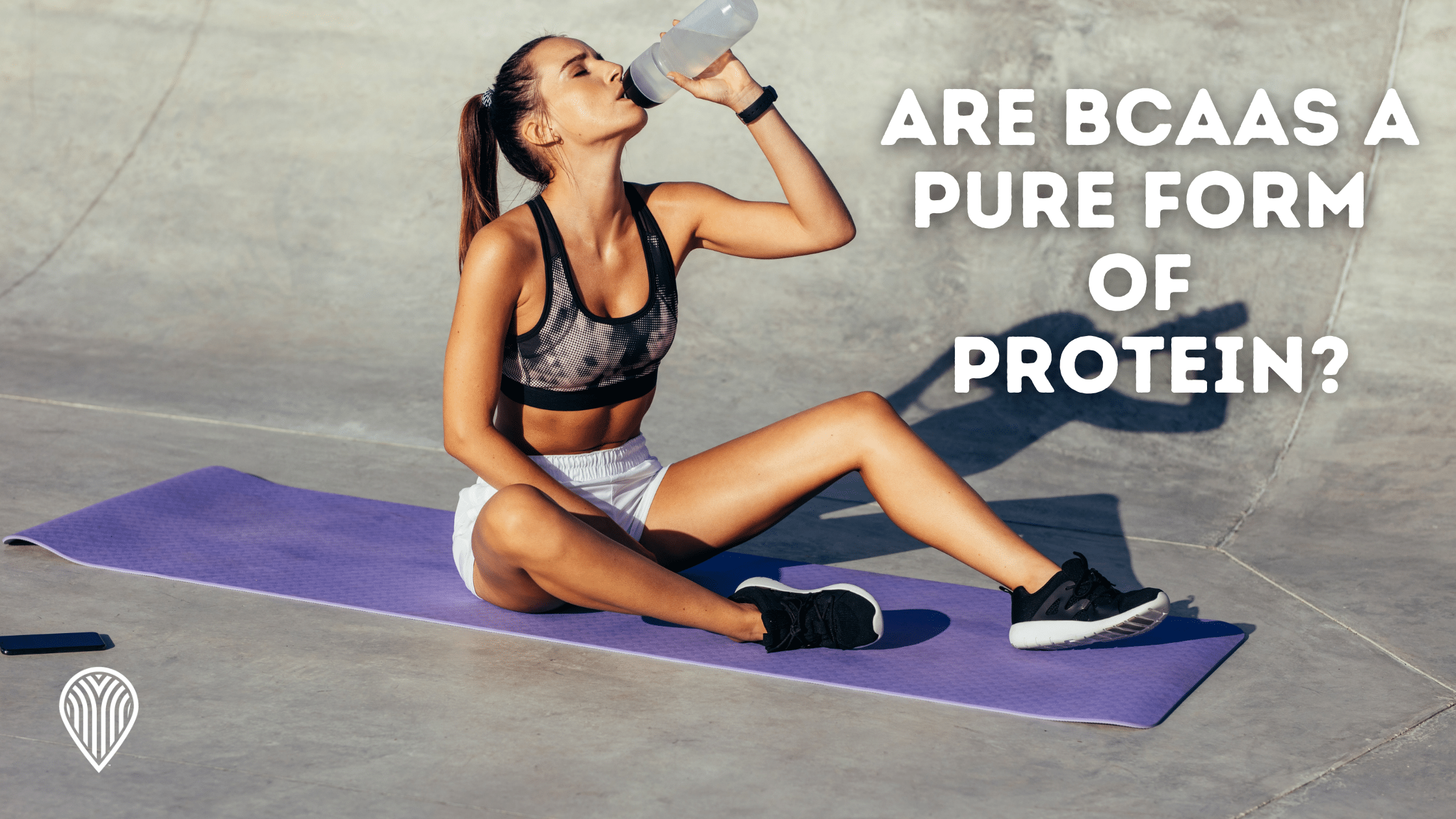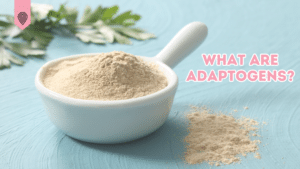If you’ve been around the fitness community for a while ,you may have heard about BCAAs which are branched chain amino acids. You may also know that BCAAs are considered the “building blocks of protein”. Of those, leucine, isoleucine, and valine specifically, are believed to promote protein synthesis, enhance performance, and promote lean muscle development. These BCAAs are just three of the nine essential amino acids (EAA’s). EAA’s are considered essential because the body can’t make them on its own and thus relies on your diet to ensure adequate intake.
While they are a protein, they are considered an “incomplete” protein. In order to be considered a complete protein, a protein source must contain all nine essentials amino acids. By that definition, BCAAs contain only three, whereas many protein sources – both whole sources and supplemental – may contain 17 or more!

Whole or “complete” protein sources are made up of chains of amino acids bonded together. It’s also a macronutrient necessary to keep your body alive and functioning efficiently. Protein contains 4 calories per gram. And while you can obtain protein from many different sources, not all protein is the same. The quality of a protein takes into account its availability, digestibility, and quantity of EAAs in its makeup. The nine EAAs are valine, leucine, isoleucine, threonine, tryptophan, phenylalanine, methionine lysine, and histidine.
Most, if not all, animal proteins will contain all of these EAAs and then some. Plant proteins and vegan options are sometimes lacking as far as not containing all of or as many of these amino acids. As a result, supplementing with BCAAs may not be a bad idea, especially for those following a more plant based diet IF the goal is to increase muscle growth, performance, and recovery. However, you can absolutely survive and thrive on a plant based diet, but BCAAs may help provide a little push in the performance department.

So while BCAAs are not meant to replace protein, nor do they “count” towards your daily macronutrient goal or prevent a protein deficiency, they can be super helpful in recovery and performance. That’s why it’s typically recommended to consume them before or during workouts. That said, following a workout, a meal containing a complete protein source is going to much more beneficial!
Bottom line, while BCAAs don’t “count” towards your daily protein goal, they do provide some of their own benefits to training and physique goals. Furthermore, if you obtain one that also contains electrolytes, like Protea Nutrition’s Vegan Aminos, they can help a lot with fluid retention, muscle soreness and energy. We even recommend taking a scoop of Vegan aminos on off days to help with proper electrolyte balance.

The contents of this blog should not be taken as medical advice. It is not intended to diagnose, treat, cure, or prevent any health problem-nor is it intended to replace the advice of a physician. Always consult your physician or qualified health professional on any matters regarding your health. These statements have not been evaluated by the Food and Drug Administration. This product is not intended to diagnose, treat, cure, or prevent any disease.





